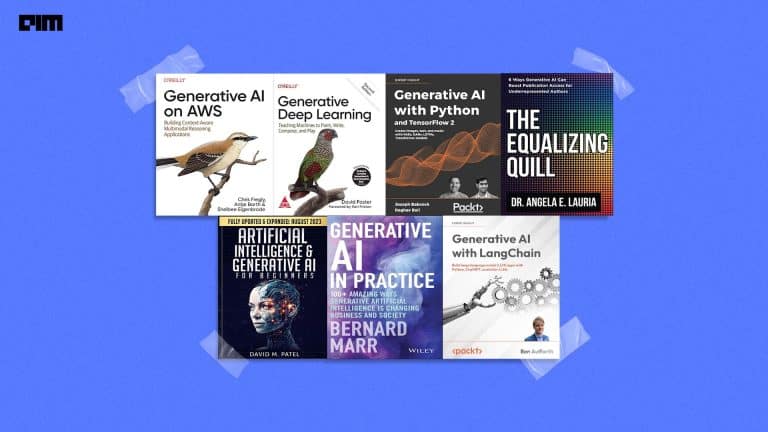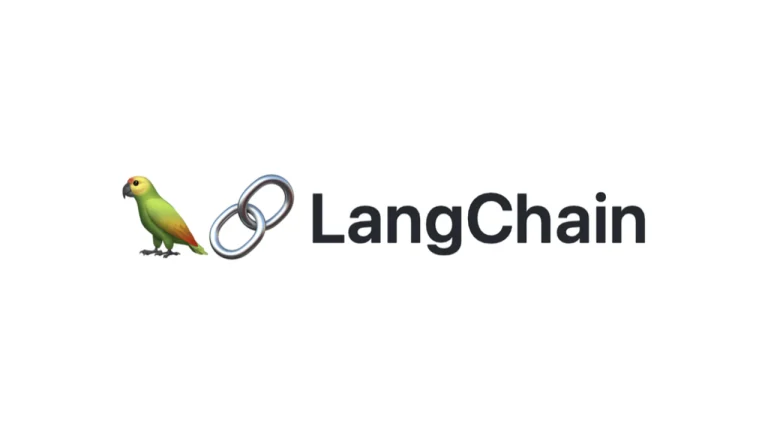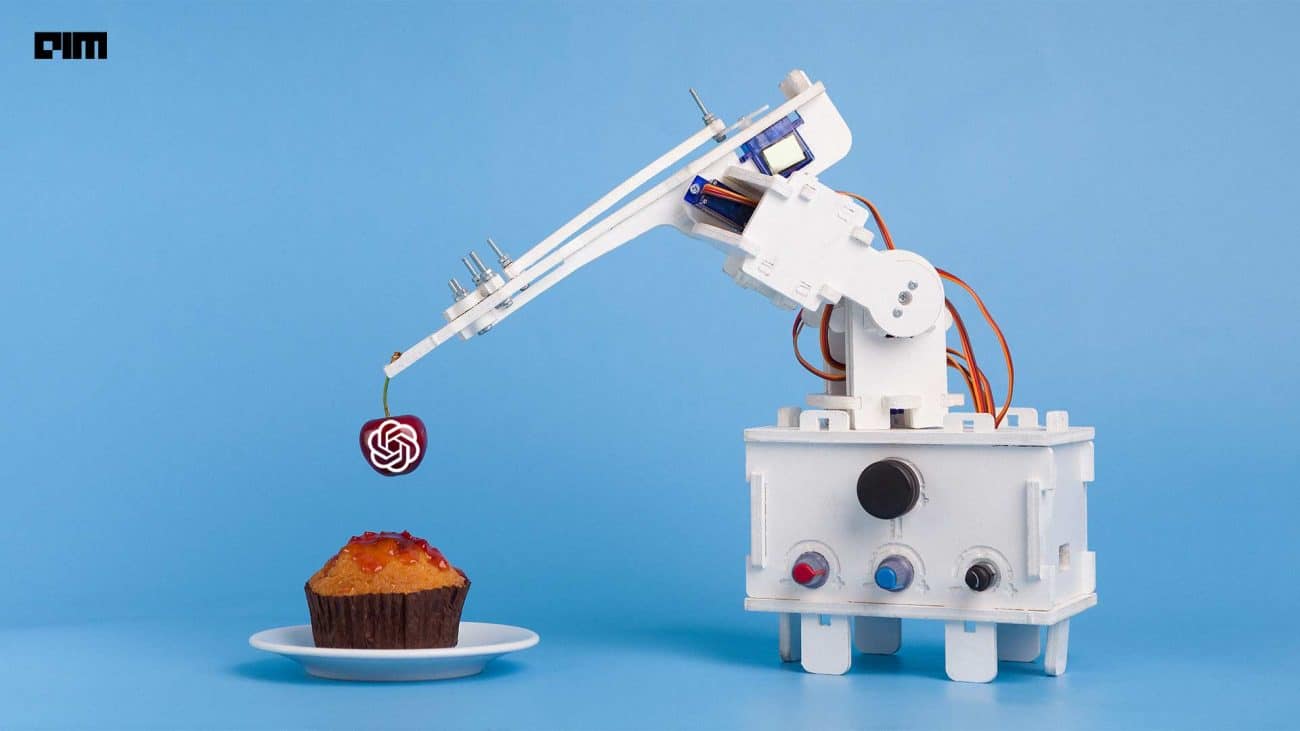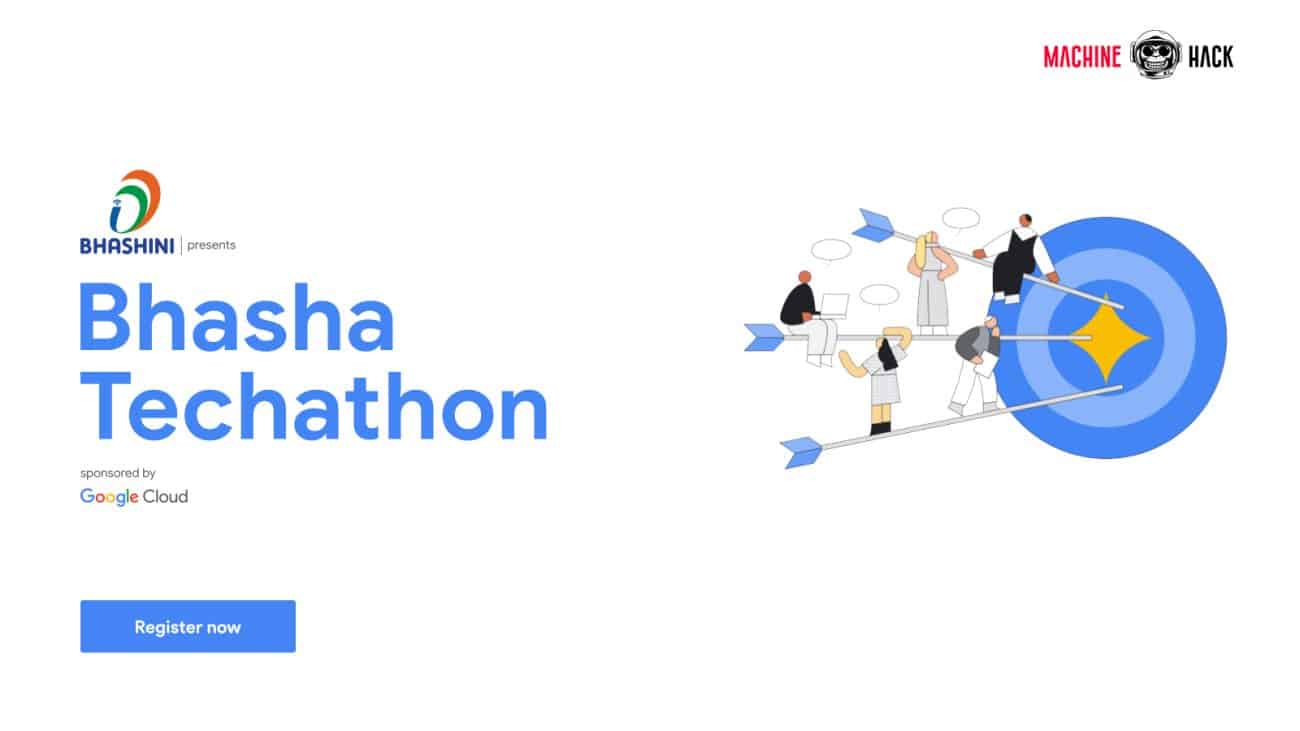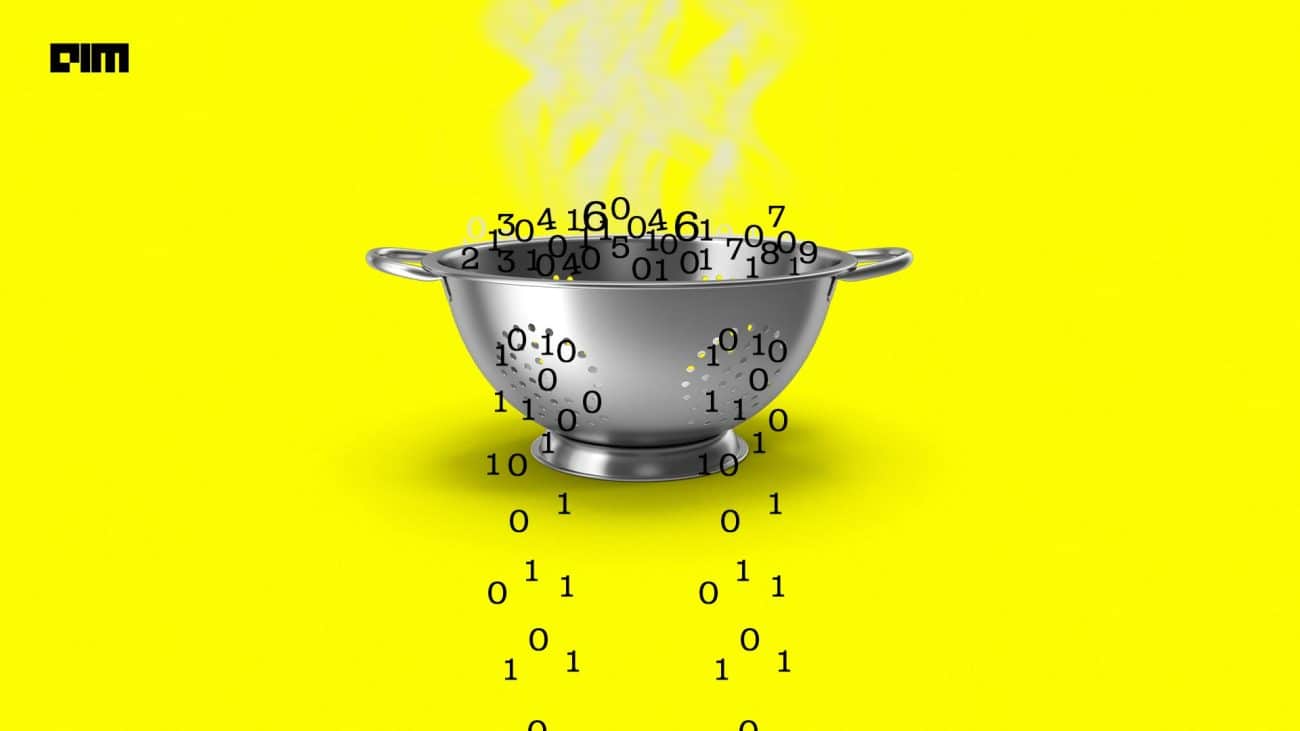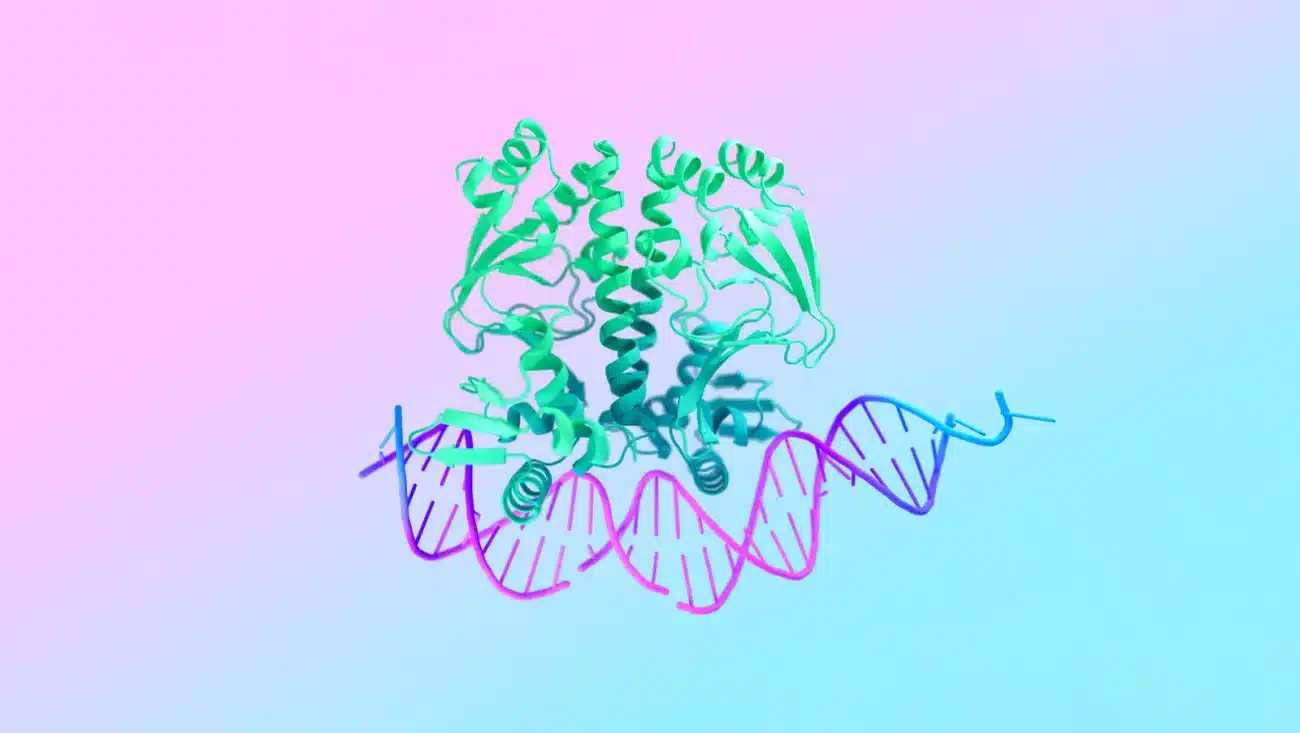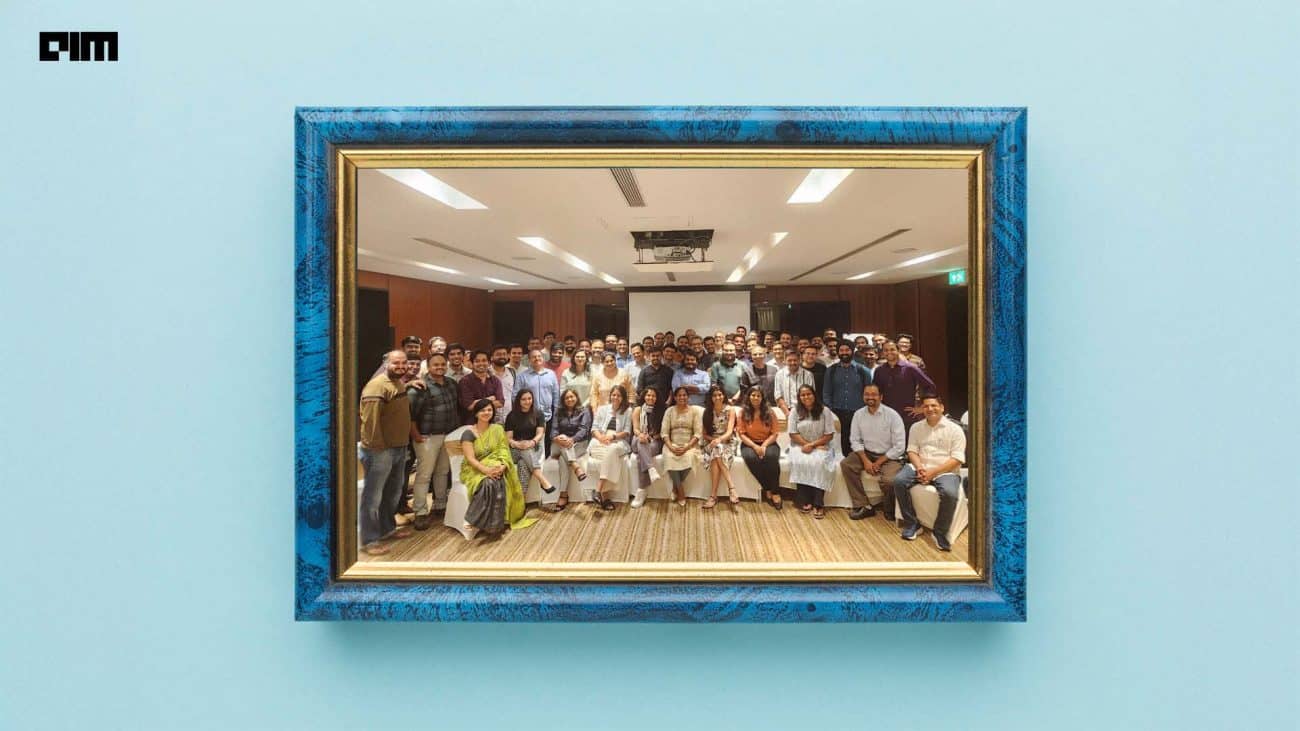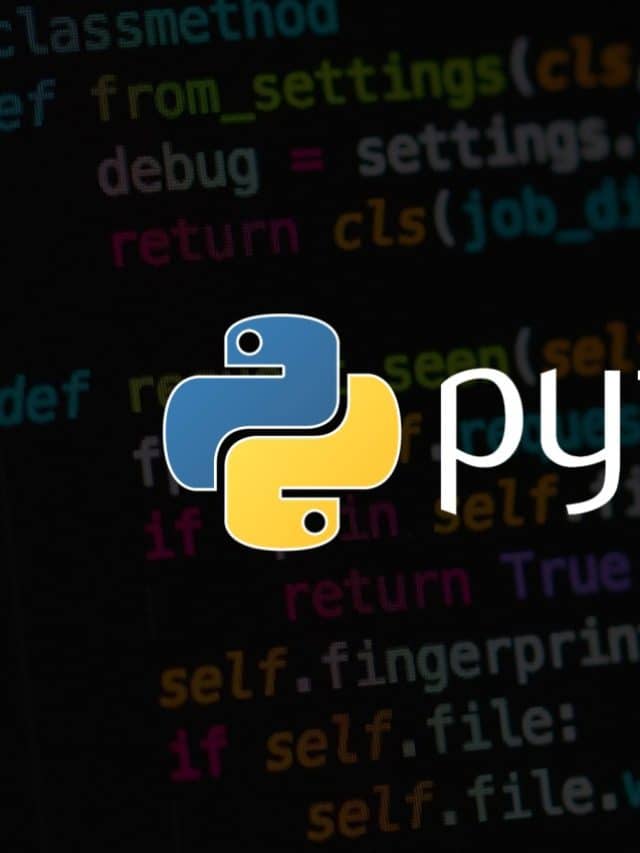The MLOps market is expected to grow by almost $4 billion by 2025, according to analytics firm Cognilytica. Amazon, Google, Microsoft, IBM, H2O, Domino, DataRobot and Grid.ai have all incorporated MLOPs capabilities into their platforms.
Most companies are using MLOPs for automation pipeline, monitoring, lifecycle management, and governance. According to Algorithmia, last year, close to 22 percent of companies have had machine learning models in production for 1-2 years, demonstrating a reasonably significant transition towards productionization even if it is still early for most companies.
In this article, we list the best open-source MLOps tools and services to help businesses and individuals kickstart their MLOps journey:
Algorithmia
Algorithmia is a single solution platform for all stages of ML operations (MLOps) and management lifecycle. It enables ML and operations teams to work together on complex machine learning applications in one central location. At present, more than 100,000 engineers and data scientists are using the platform, including the staff of the United Nations and multiple Fortune 500 companies.
All the experiments and projects can be found here.
Comet ML
Comet enables data scientists and teams to track, compare, explain and optimise experiments and models across the entire lifecycle. The complete examples and libraries are available on GitHub.
Also, check out how Uber manages machine learning experiments with comet here.
DVC
DVC is an open-source ‘version control system’ for machine learning projects. It tracks machine learning models and data sets. The platform has been built to make ML models shareable and reproducible. DVC is designed to handle large files, data sets, machine learning models, and metrics and code. You can experiment with the DVC project here.
Kubeflow
The Kubeflow project is dedicated to making ‘deployments’ of ML workflows on ‘Kubernetes’ simple, portable and scalable. It provides components for each stage in the ML lifecycle, from exploration to training and deployment. Check out how to install Kubeflow and experiments here.
Metaflow
Metaflow was initially developed at Netflix to boost the productivity of data scientists working on various projects, from classical statistics to SOTA deep learning. It is a Python/R library that helps scientists and engineers build and manage real-life data science projects. The source code is available on GitHub.
MLFlow
MLFlow is an open source platform for managing the machine learning lifecycle, including experimentation, reproducibility, deployment, and a central model registry. It currently offers four components: tracking, projects, models, and registry. The source code for MLFlow is available on GitHub.
Also, check out deploying R Models with MLFlow and Docker here.
Neptune.ai
Neptune is a metadata store for MLOps, developed for teams that run a lot of experiments. It provides a single place to log, store, display, organise, compare, and query all model building metadata. In addition, the MLOps platform is used for experiment tracking, model registry, and monitoring ML runs Live. Check out open source repositories and projects on GitHub.
Polyaxon
Polyaxon is a machine learning platform for Kubernetes (also used as MLOps tools for experimentation and automation). The platform helps in building, training, and monitoring large scale deep learning applications.
Polyazon makes it faster, easier, and more efficient to develop deep learning applications by managing workloads with smart container and node management. It turns GPU servers into shared, self-service resources for individuals as well as enterprises. You can start your Polyaxon project here.
Valohai
Valohai focuses on models, code and data. It allows users to easily run the powerful cloud machines with a single click (UI) or a single command (CLI & API). It can be set up on any cloud vendor or on-premise to orchestrate machines automatically. Repository and experiments on Valohai are available on GitHub.
Weights & Biases
Weights & Biases is a ‘developer tool’ for machine learning. With this, users can build better models faster, alongside experiment tracking, dataset versioning, and model management. Check out all the machine learning experiments and repositories here.









